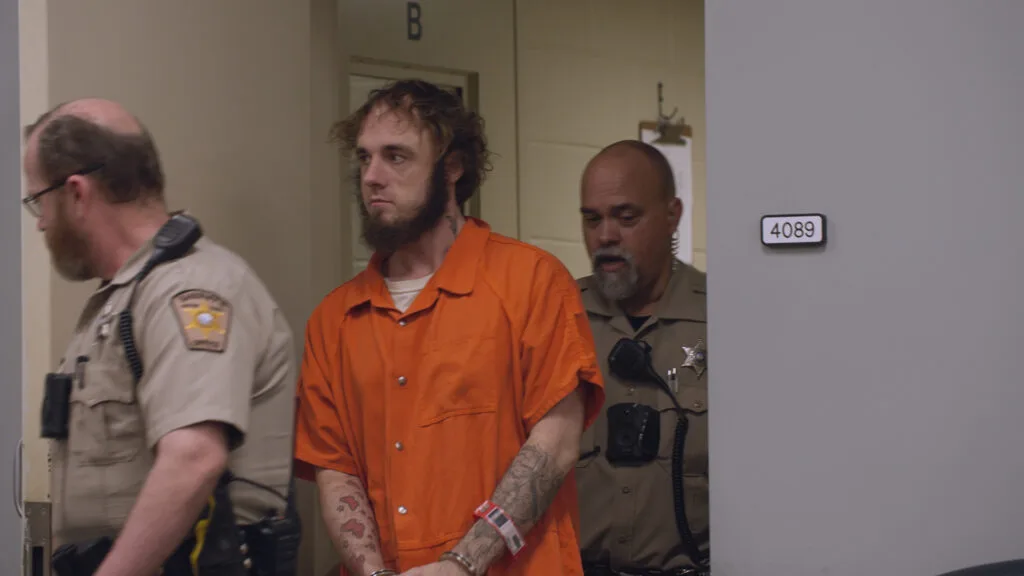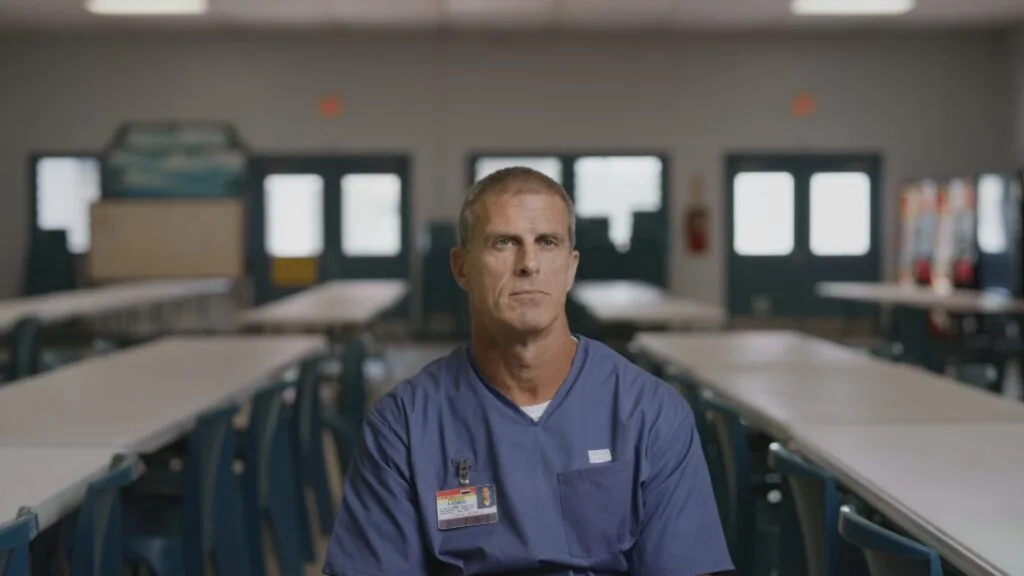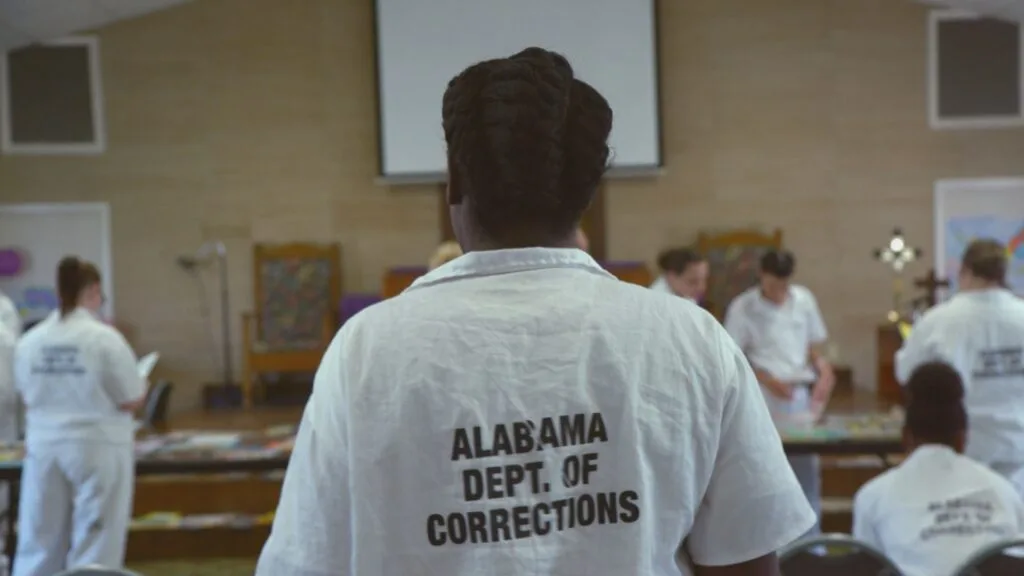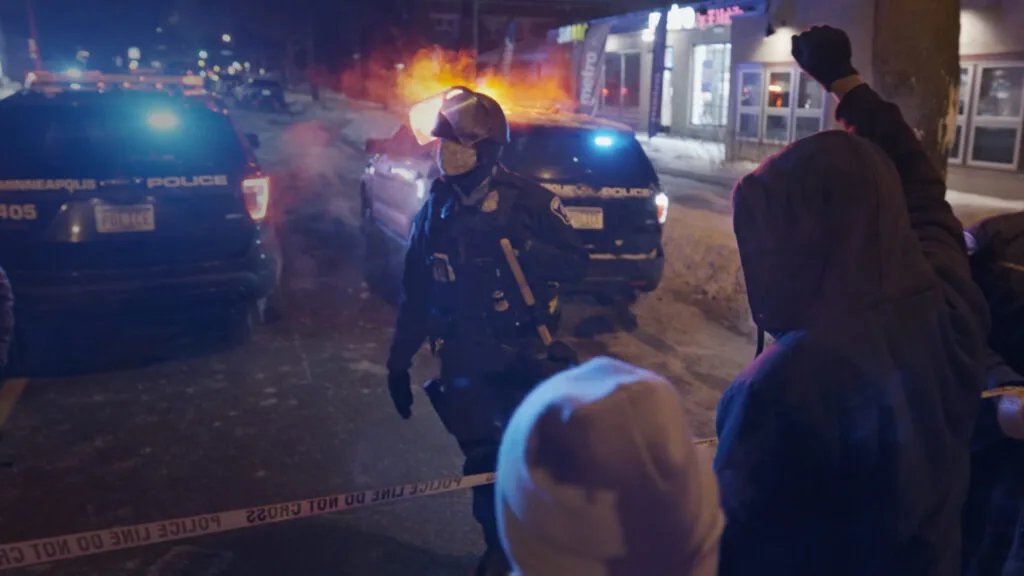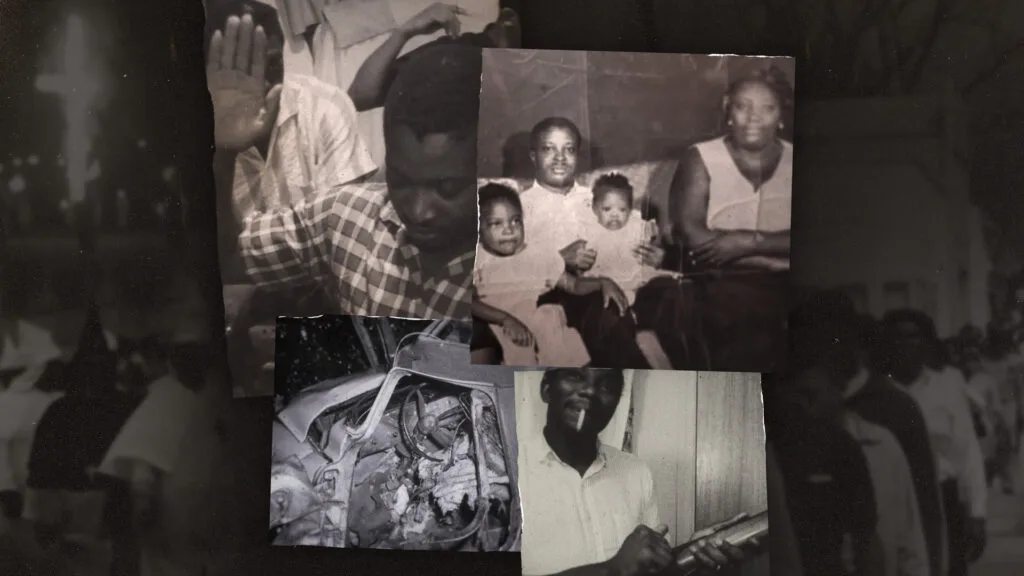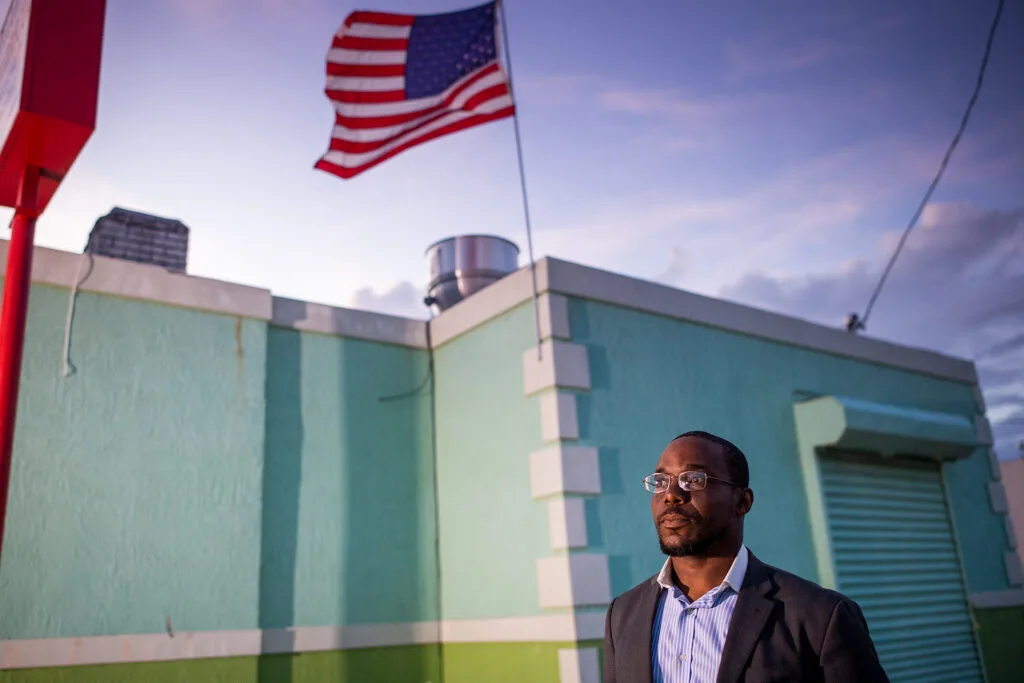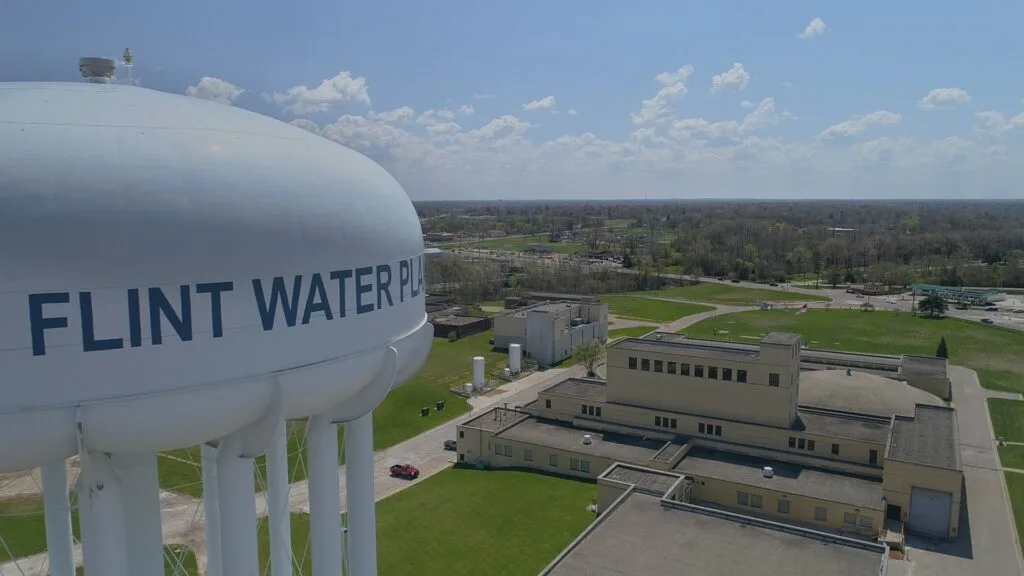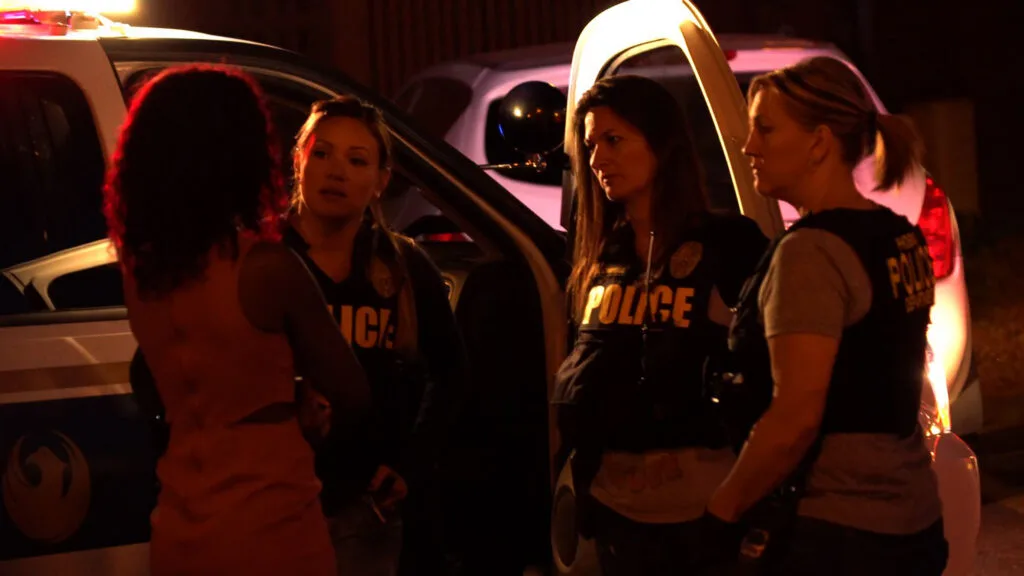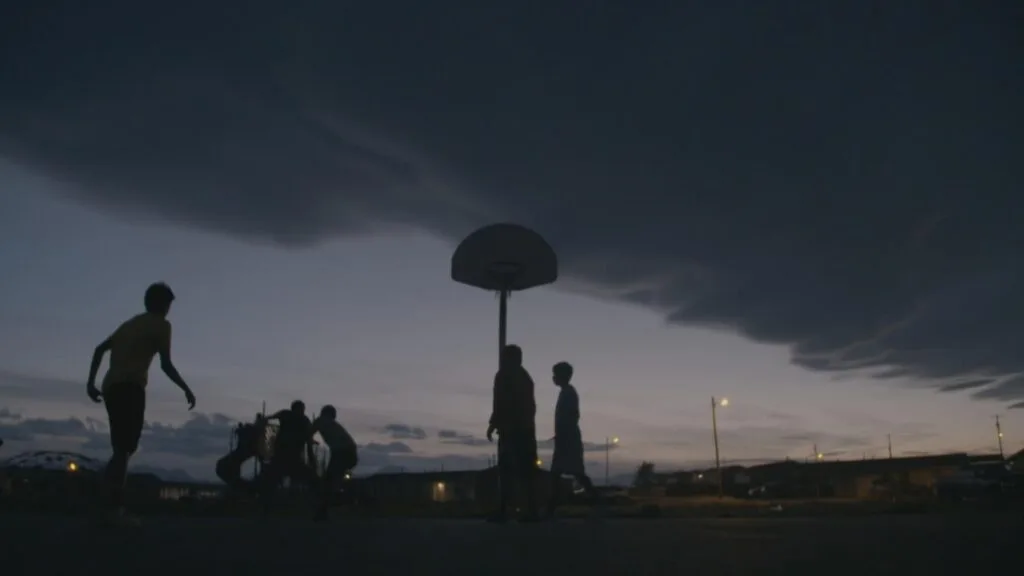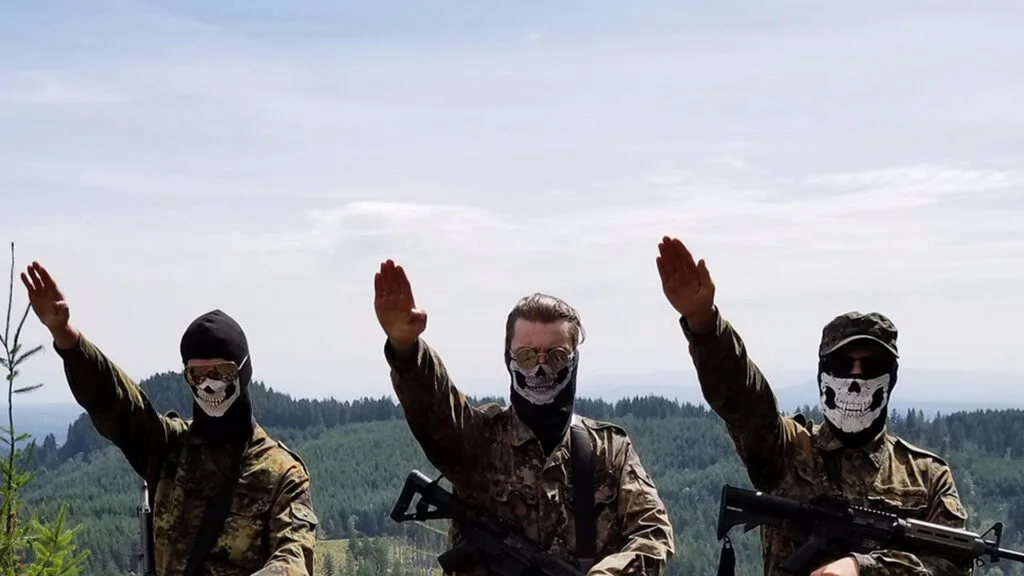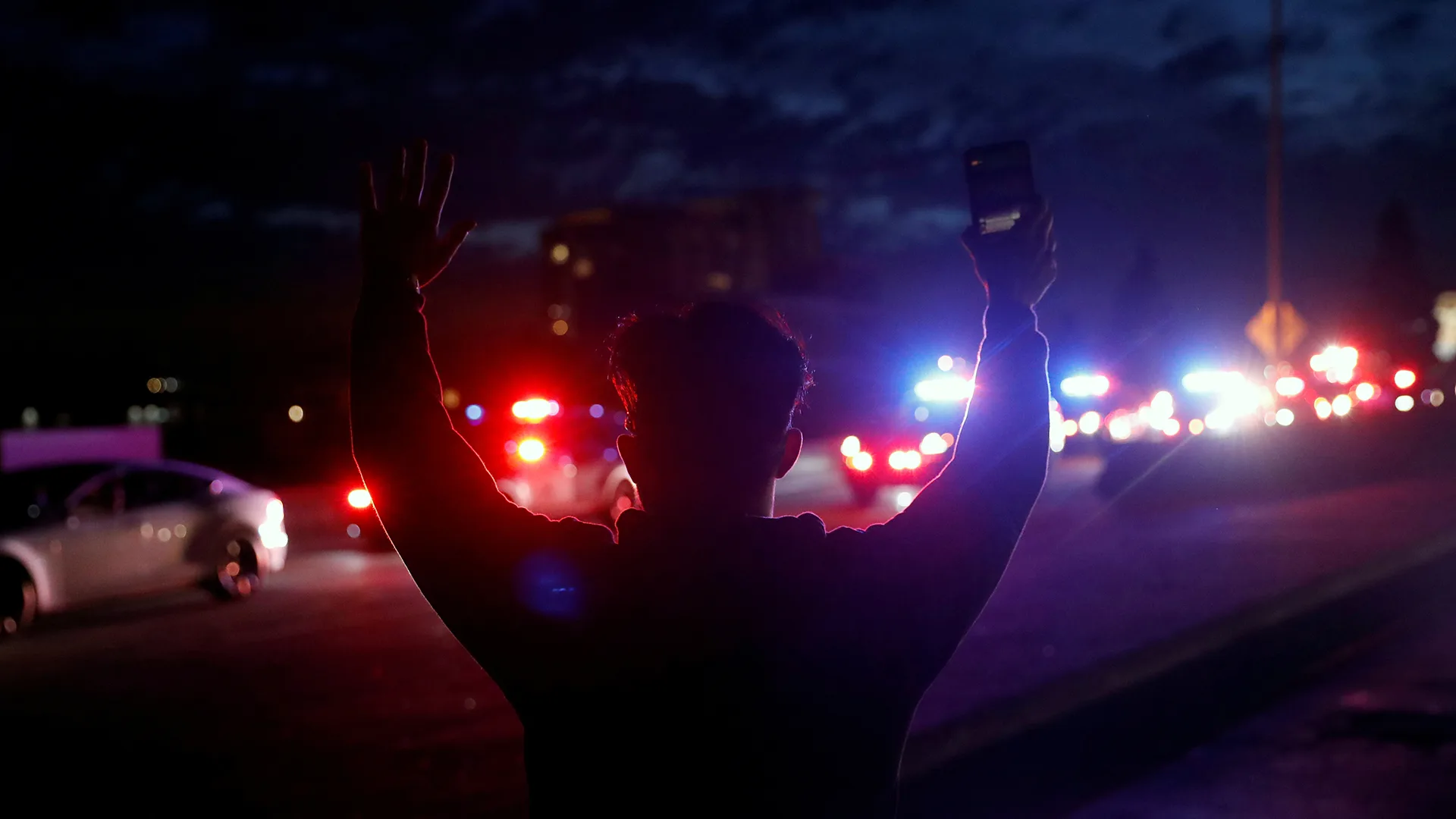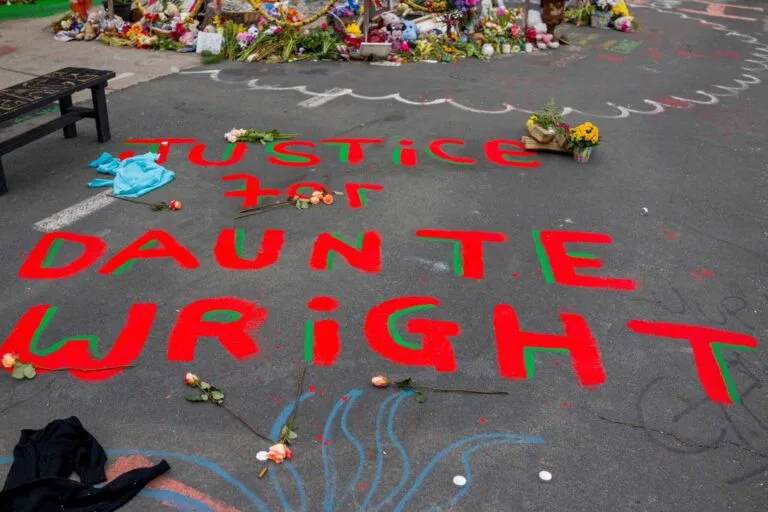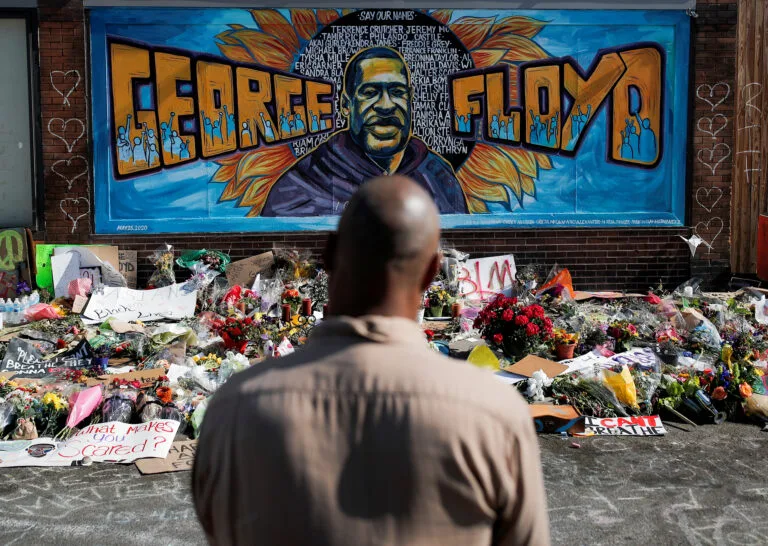George Floyd’s Murder and Police Accountability, One Year Later: Our Coverage, at a Glance
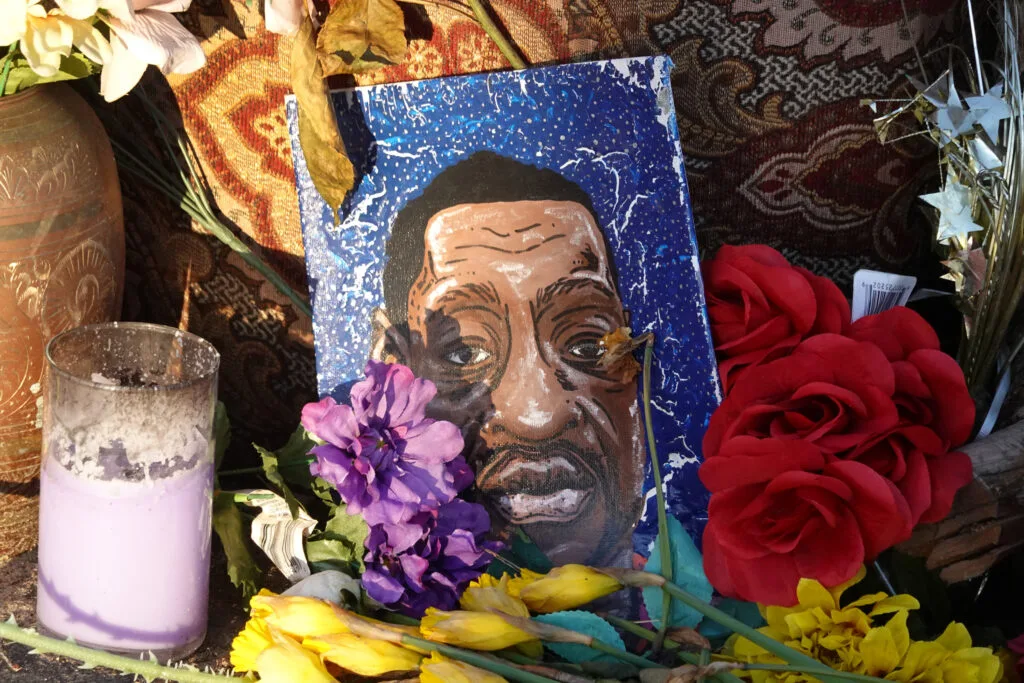
May 25, 2021
Share
On May 25, 2020, George Floyd’s killing at the hands of police in Minneapolis, Minn., was caught on camera by a teen bystander, Darnella Frazier. The footage of Floyd’s death sparked anguish, widespread protests and calls to reimagine American policing.
One year later, Derek Chauvin, the former Minneapolis police officer who knelt on Floyd’s neck for more than nine minutes with three other now-former officers present, has been convicted of murder, but criminal justice and civil rights experts say the challenges of addressing systemic racism and achieving broader accountability in American policing remain.
In the year since Floyd’s death, FRONTLINE has been chronicling the debate over police reform and police accountability in documentaries, podcast episodes and collaborative stories with our Local Journalism Initiative partners.
Now we’ve collected key pieces of that reporting in one place. Explore these stories for a deeper understanding of where America’s conversation about policing, racism and accountability stands today.
With Minneapolis’ StarTribune
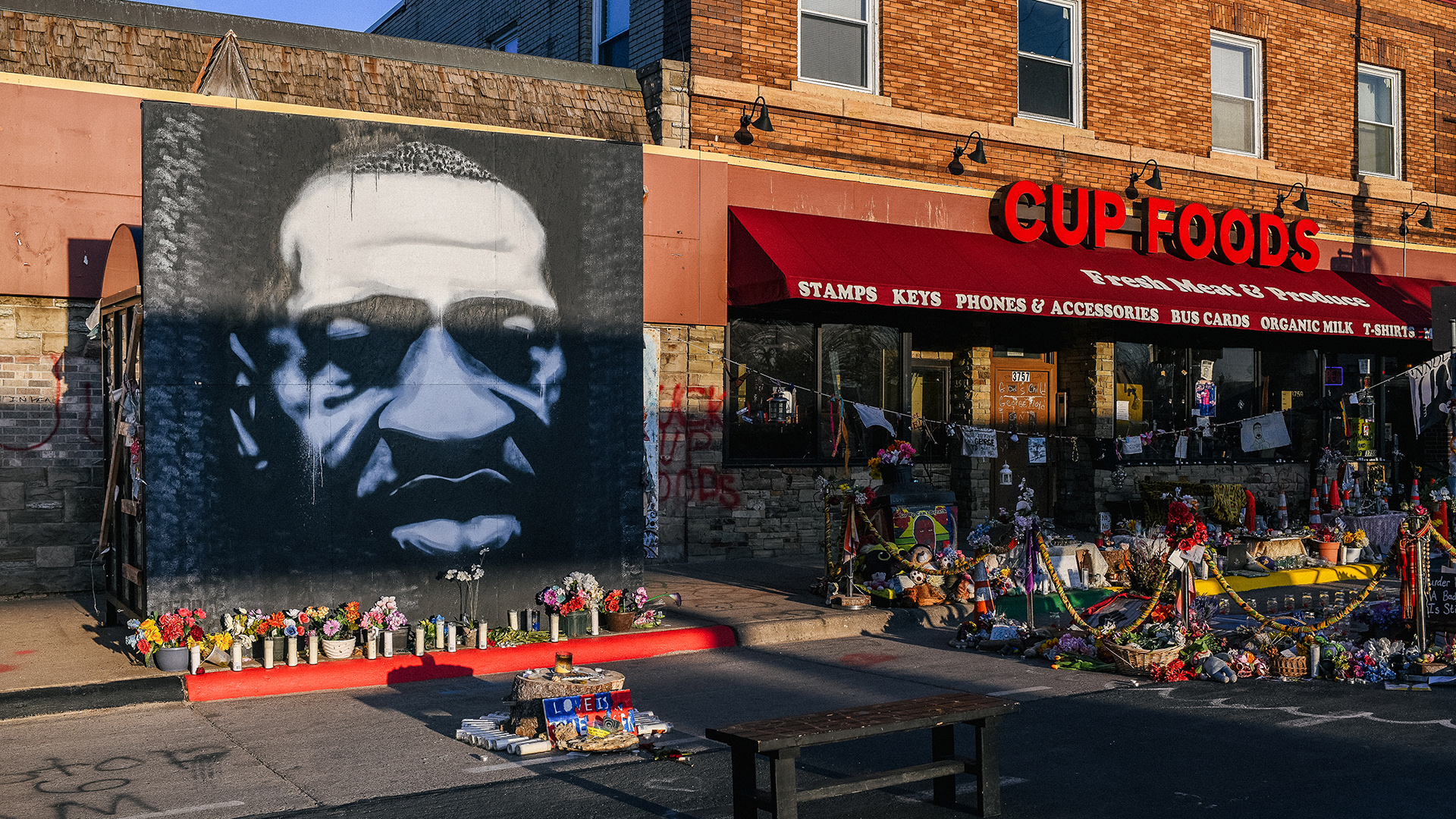
George Floyd’s killing, our Local Journalism Initiative partners at the Minneapolis StarTribune wrote, “radically expanded the ideas Americans are willing to contemplate to transform policing.” Read about the status of police accountability efforts, both nationally and in the city where George Floyd was murdered, including the Department of Justice’s latest probe into the Minneapolis Police Department. And explore extensive related coverage on the aftermath of Floyd’s death, Chauvin’s trial and impacts on the city’s police and communities of color. FRONTLINE’s Local Journalism Initiative is supported by the John and James L. Knight Foundation and the Corporation for Public Broadcasting.
With The Salt Lake Star Tribune
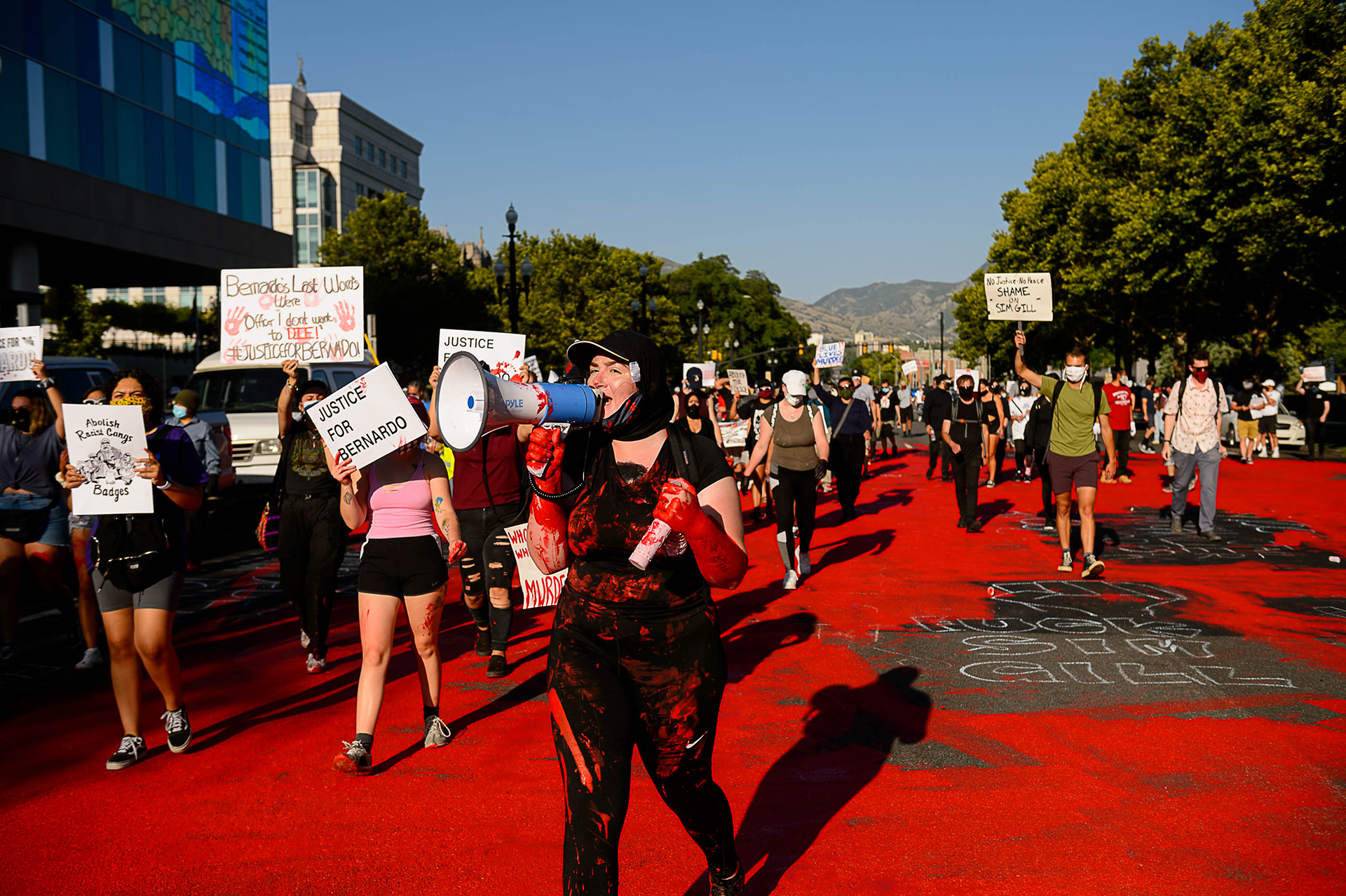
Following Floyd’s death, conversations about police violence and police accountability have extended across the country to places including Salt Lake City, Utah. There, our Local Journalism Initiative partners at The Salt Lake Tribune have been investigating police shootings after the state of Utah failed to collect data.
Policing the Police 2020
Amid the outcry over Floyd’s killing, The New Yorker writer and historian Jelani Cobb looked at efforts to reimagine American policing. In the FRONTLINE documentary Policing the Police 2020, he traveled to Newark, N.J., a city whose police force the Department of Justice had ordered to reform, where he examined how those efforts had fared and explored the question of whether policing can change.Race, Police & the Pandemic
In an episode of The FRONTLINE Dispatch podcast, Cobb examined a connection between George Floyd’s death and the disproportionate impact of COVID-19 deaths among Black Americans: “the thing that ties them together is empirical evidence of a phenomenon that had been dismissed otherwise.” Drawing on his years of covering tensions that he said are “overwhelmingly” in response to police use of force, he described how the relationship between Black Americans and the police has become a “barometer” for race relations in the country.Policing the Police in Minnesota
As the Chauvin trial drew to a close and Minnesota roiled over the police killing of Daunte Wright, Cobb joined The FRONTLINE Dispatch again. “What I think is fascinating about this is that this is a deeply historical problem, but we have reached a point where it could no longer be punted,” he said. “But now we have these videos that have emerged. And it becomes increasingly difficult to say, at least with a straight face, that white people would have been killed in many of the circumstances in which we see African Americans, other people of color, being killed by police. And so I think that will be the kind of turning point in history. And so it now fundamentally becomes a point of conscience.”FRONTLINE’s coverage of structural racism in America is ongoing. Sign up for updates about Un(re)solved, a forthcoming project investigating America’s legacy of racist killings, including by law enforcement.

Related Documentaries
Latest Documentaries
Related Stories
Related Stories
Explore
Policies
Teacher Center
Funding for FRONTLINE is provided through the support of PBS viewers and by the Corporation for Public Broadcasting, with major support from Ford Foundation. Additional funding is provided the Abrams Foundation, Park Foundation, John D. and Catherine T. MacArthur Foundation, Heising-Simons Foundation, and the FRONTLINE Trust, with major support from Jon and Jo Ann Hagler on behalf of the Jon L. Hagler Foundation, and additional support from Koo and Patricia Yuen. FRONTLINE is a registered trademark of WGBH Educational Foundation. Web Site Copyright ©1995-2025 WGBH Educational Foundation. PBS is a 501(c)(3) not-for-profit organization.
